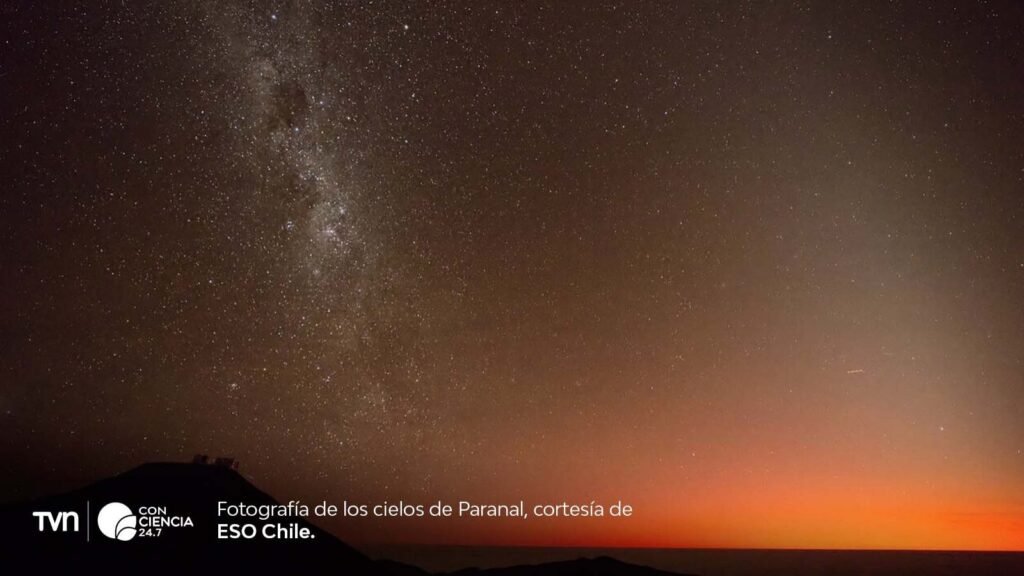A new ministerial advisory commission will seek to update Decree No. 2 and strengthen the protection of areas of scientific value that are key to astronomy in Chile.
As part of its commitment to preserving dark skies and promoting the country’s astronomical development, the Ministry of Science, Technology, Knowledge and Innovation (MinCiencia) has announced the formation of a new ministerial advisory commission. Its mission will be to provide technical input for updating Decree No. 2, which defines areas of scientific value designated for astronomical research and observation.
The commission will consist of a multidisciplinary group of experts in astronomy, light pollution, efficient lighting, technology, and electrical engineering. They will work over a period of four months, with the updated decree expected to be ready by January 2026.
The Minister of Science and Acting Spokesperson, Aisén Etcheverry, stated: “This commission will allow us to update Decree No. 2 and strengthen the protection of our dark skies, which are an invaluable heritage for scientific research and the development of astrotourism.”
The initiative responds to a recommendation made by the Ministry’s Advisory Council on Astronomical Matters, which in January of this year highlighted the need to revise the decree in light of recent scientific and technological advances in the field.
Experts on the Commission:
- Elise Servajean Bergoeing, PhD in Astronomy (University of Chile), manager at the Center for Astrophysics and Associated Technologies (CATA). Renowned for her work in astronomical research and public outreach.
- Manuela Zoccali, PhD in Astronomy (University of Padua, Italy), professor at the Pontificia Universidad Católica de Chile and researcher at CATA. Specializes in the study of stars in the center of the Milky Way.
- Marcos Díaz Quezada, PhD in Electrical Engineering (Boston University), professor at the University of Chile and leader of the SUCHAI project, focused on space technologies and nanosatellites.
- Rodrigo Reeves Díaz, PhD in Electrical Engineering (University of Concepción), director of CePIA (Center for Astronomical Instrumentation). Expert in cosmic microwave background observation and submillimeter technologies.
- Omar Cuevas Ahumada, PhD candidate in Atmospheric Sciences (National University of La Plata). Specialist in optical turbulence, astronomical site characterization, and seeing forecasts.
- Pedro Sanhueza Pérez, environmental and efficient lighting specialist. Founder of the OPCC and advisor to the Ministry of Foreign Affairs on dark skies. Collaborates with the Starlight Foundation (Spain).
- Eduardo Unda Sanzana, PhD in Astronomy (University of Southampton), director of the Astronomy Center at the University of Antofagasta. Head of the state-run Ckoirama Observatory and a key figure in astronomical public policy.
Dark Skies: A National Priority
The protection of the night sky is essential not only for science but also for the development of astrotourism—an emerging industry that positions Chile as a world leader in astronomical observation. MinCiencia reaffirms its commitment to working alongside public and private stakeholders to safeguard this natural and scientific heritage.

